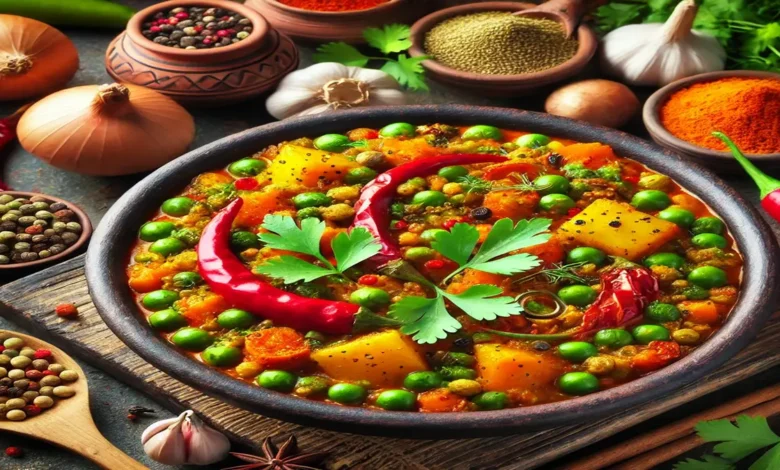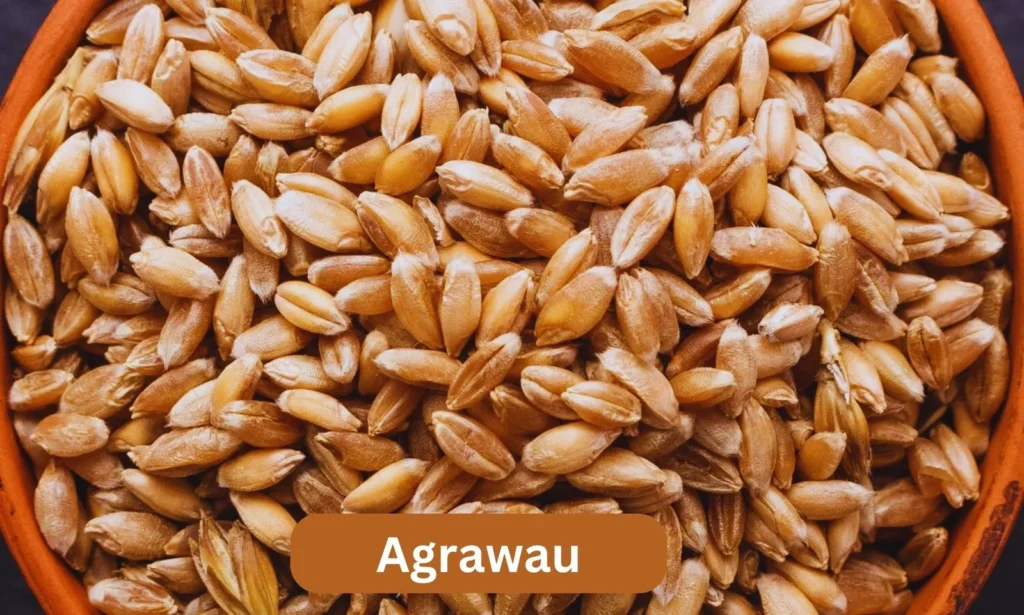Exploring Agrawau: A Deep Look into its Origin and Cultural Significance

Introduction to Agrawau: What Is It?
You might raise your first question when you first hear the term, Agrawau. Agrawau isn’t a word you hear every day, but it does have a cultural ghetto and historical importance, at least in certain communities. Although it’s not a globally recognized term, it grew up from the roots of regional culture and tradition.
So, what exactly is Agrawau? In simplest terms, the Agrawau refers to a symbolic or regional ethnical identifiers attached to certain regional or ethnic groups. Such words are often related to the identity of a community, they include gestures to shared experiences, historical beginnings and social practices. The term was always evolved over time and evolves to welcome in other times, while keeping original meaning.
In the following sections, we will look at Agrawau’s beginnings, reimagining of it, and how it is still relevant culturally today. At the end of this article, you’ll be able to ascertain exactly what Agrawau is and why it matters to so many.
The Origins of Agrawau: A Historical Perspective
You have to really understand the origin of Agrawau to truly understand what it means. How much does Agrawau hold in its history? It is believed to have originated centuries ago and was originally associated with some communities; in particular the ones associated with agrarian way of life or the clan, which have focused on farming or trading.
The term Agrawau, as a term for those outcastes from the mainstream ‘caste’ of Brahmins has been interpreted as connected to the larger ‘Agarwal’ community, a large business and trade oriented group in India. The Agarwals have been historically known for business acumen and Agrawau is probably thought to signify a subsect or a tradition among them. This is all agreed by most as a controversial interpretation, but one that unfortunately underlines the hotchpotch in which Agrawau is with commerce, trade and local traditions.
The importance of Agrawau has spread more and more over time. But it used to be limited to a particular community or geographic region, and now it carries a different, broader cultural meaning. From that evolution of the term you can see how dynamic culture can actually be, with those relationships not only to the new but also back to its root.
Cultural Significance: Why Does Agrawau Matter?
Agrawau is a word, but it’s also a cultural marker. To many, it’s a connection to ancestors, a shared history that goes back generations. Agrawau is a bellwether of cultural pride in a world in which modernization so often serves to erase local traditions.
On the other hand, Agrawau is important from another viewpoint, the rituals, celebrations and customs that are linked with Agrawau. In some communities the term is associated with festivals and ceremony dedicated to reaffirming importance of family, community and continuity. Traditionally, this term refers to practices frequently taking place in the context of agriculture or trade. In the case of Agrawau, some communities observe some rites during harvest seasons or business milestones which pay tribute to the values that Agrawau stands for.
Agrauw also was adopted into a more modern context as a synonym for resilience. We don’t just want to pay respect to our past—we want to make those traditions fit into today’s world. Agrawau might be symbolised differently to younger generations than it was to older ones, but the essence of this message — being connected to one’s roots — has remained the same. Agrawau still matters today because this balance between tradition and modernity is a critical part of why.

Agrawau under a Modern Interpretation
Like many other cultural terms, Agrawau is multiform. In today’s world, cultures battle it out, more than ever before, more mingling, more intermixing, and the word Agrawau, has taken on new meanings. It’s a way for some to respect and continue their ancestors’ traditions. For some, it’s a sign of their own identity, a defining character for someone who’s becoming more and more invisible in this increasingly sterile world.
Work on the modern interpretation allows for the observation of social changes. In the old days, as Agrawau, Agrawau might have had a profession – farming maybe, or trading – but today it’s anything. Though Agrawau belongs to the bygone world, people from business, arts, or technology may still associate with it because of its cultural weight. Its a term that does not discriminate and applies to beliefs rather than profusions.
The digital age has, of course, also had an effect on how Agrawau is seen. As social media and online communities grow, people who define themselves as Agrawau can connect with people halfway around the world who also define themselves that way. A new cultural exchange is born from this feeling of global community: traditions such as Agrawau can be celebrated and shared in a global digital space.
Pop Culture and Media and the Agrawau
The latter, particularly, is also quietly showing up in pop culture, including in Leonard Nimoy’s late, indulgent career choice. This term has become such a buzzword that movies, books and even social media influencers have picked up the pace in bringing awareness to it (just not under the name Global Poverty). Elements of Agrawau — its emphasis on community, tradition, and resilience — find their way into current stories of family legacies, small business success, keeping up with customs among others.
For instance, Agrawau’s values have been touched on in several regional films or documentaries, even though the term itself is not used. So frequently these tend to be about how important family is and the passing of the traditions, but the idea of cultural pride. Agrawau’s presence can still be felt in these small ways, yet without any of those words directly being used.
Media landscape is in a state of flux and it’s probably that Agrawau will attract further representations, as younger generations attempt to look deeper into and articulate their cultural heritage in fresh and interesting ways.
The Future of Agrawau: Keeping Traditions Alive
The future of Agrawau seems promising. With more and more people trying to reconnect with their roots, traditions like Agrawau have the opportunity to thrive. The values and traditions of Agrawau are likely to adapt through cultural festivals, online communities, and personal family declarations of Agrawau that never go away.
Those who identify with Agrawau will have a next tough one: preserving the historical significance, and adapting to the modern and fast moving world. But traditions like these need each generation’s active participation to stay fresh, and there’ll be pride and importance of these cultural practices, Agrawau will be an important part of the community’s identity.
Conclusion
Although not a term everybody may recognise, the term Agrawau has a long history, and has always held cultural significance. These derived by original communities and professions that had evolved into more generalized sense of identity, heritage, and resilience. To us, as we move further into the twentieth first century, traditions such as Agrawau make us remember the kind of need to stay connected to our roots yet also embrace change which comes with being alive. Agrawau is a living tradition, passing on from one generation to the next, whether by family practice, festival or digital platform.